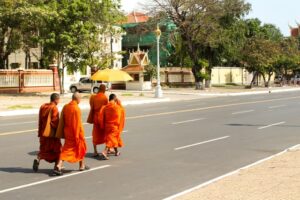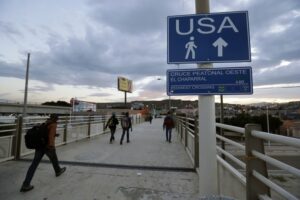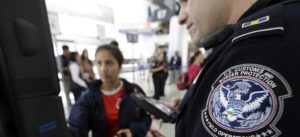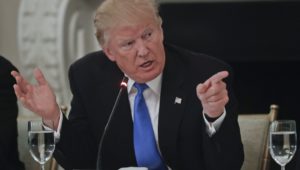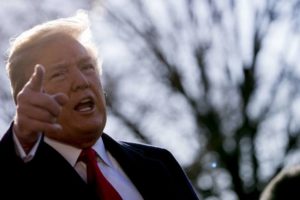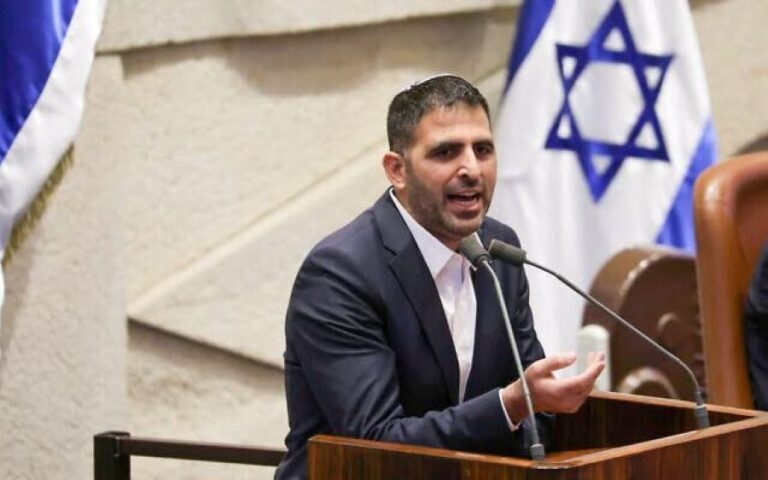The U.N. special investigator on religious freedom urged countries to repeal laws undermining the right of minorities to worship and hold beliefs, pointing as examples to China’s detention of Uighurs, 21 countries that criminalize apostasy, and sweeping surveillance of Christians in North Korea and Muslims in Thailand. Ahmed Shaheed warned that “the failure to eliminate discrimination, combined with political marginalization and nationalist attacks on identities, can propel trajectories of violence and even atrocity crimes.” He called on governments to “repeal all laws that undermine the exercise of the human rights to freedom of religion or belief,” adopt comprehensive anti-discrimination legislation and act to empower minorities to claim all their rights to religion and beliefs. The former foreign minister of the Maldives said in a report to the General Assembly circulated Tuesday that data suggests the prevalence of laws, policies and government actions that restrict freedom of religion or belief “increased from 2007 to 2017.” Shaheed, who has been the special rapporteur for four years, said communications since 2015 illustrate that governments “employ a range of extralegal measures that violate freedom of religion or belief, which also serve to delegitimize and stigmatize certain religious or belief groups.” These measures include restricting the establishment of places of worship or forcing them to close, restricting the appointment of faith leaders and persecuting them, and restricting the celebration of holidays and ceremonies and the teaching of religion or beliefs, he said. Shaheed said as many as 21 countries criminalize apostasy, the renunciation of religion, “including 12 countries – Afghanistan, Brunei, the Islamic Republic of Iran Malaysia, Maldives, Mauritania, Nigeria, Qatar, Saudi Arabia, Somalia, the United Arab Emirates and Yemen – in which apostasy is in principle punishable by death.” Shaheed also highlighted reports of the disproportionate use of terrorist offenses against “religious or belief minorities.” In almost every region of the world, “religious minorities appear to be at particular risk of being designated `terrorist groups’ and of having members arrested under `extremism’ or `illegal activity’ charges,” he said. In Tajikistan, Shaheed said, “peaceful religious actors, mostly Muslims, have been detained under the `Fight against Extremism’ law for engaging in activities such as promoting religious education or distributing religious literature.” In Moldova, he said, the emblems of the Falun Gong spiritual movement are included in the state registry of “Extremist Materials.” And a Nigerian court ruled in 2019 that activities by Shiite Muslims amounted to “acts of terrorism and illegality” and ordered the government to ban their association, he said. The special rapporteur said numerous state authorities have arrested, detained, and sometimes held incommunicado and sentenced members of religious minorities on undefined changes such as intent to “disturb political, economic or social structures”, to “disrupt state sovereignty” or to “overthrow the government”. “China has sought to justify its coercive detention of over a million Muslim Uighurs, Kazakhs and other predominantly Muslim ethnic minorities in state-run `reeducation’ camps as part of `de-extremism regulations,’” Shaheed said. He said “behavioral indicators of religious extremism” that warrant detention under such rules “include public displays of Islam and Uighur culture, such as young men wearing beards, women wearing face veils and persons owning goods with a star and crescent.” Shaheed said the “counter-extremism” campaign against the Uighurs “is illustrative of broader ill-treatment by China of minority religion or belief communities





